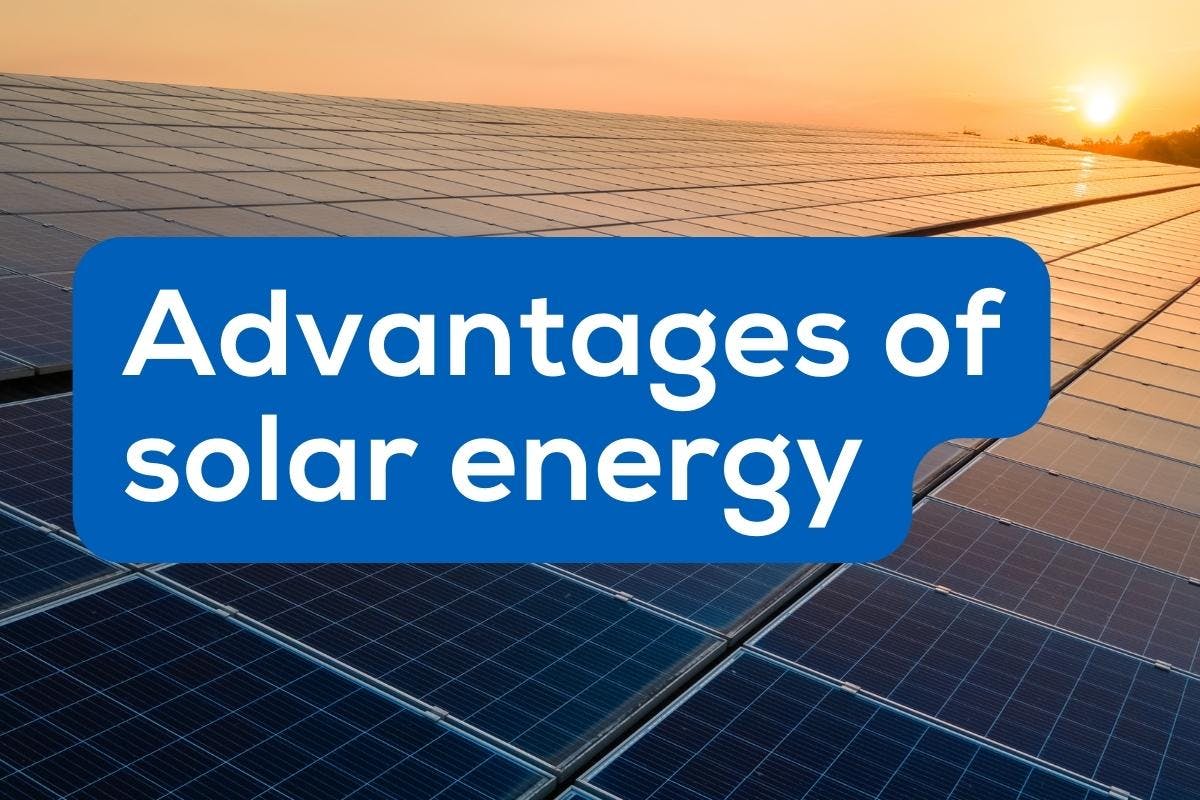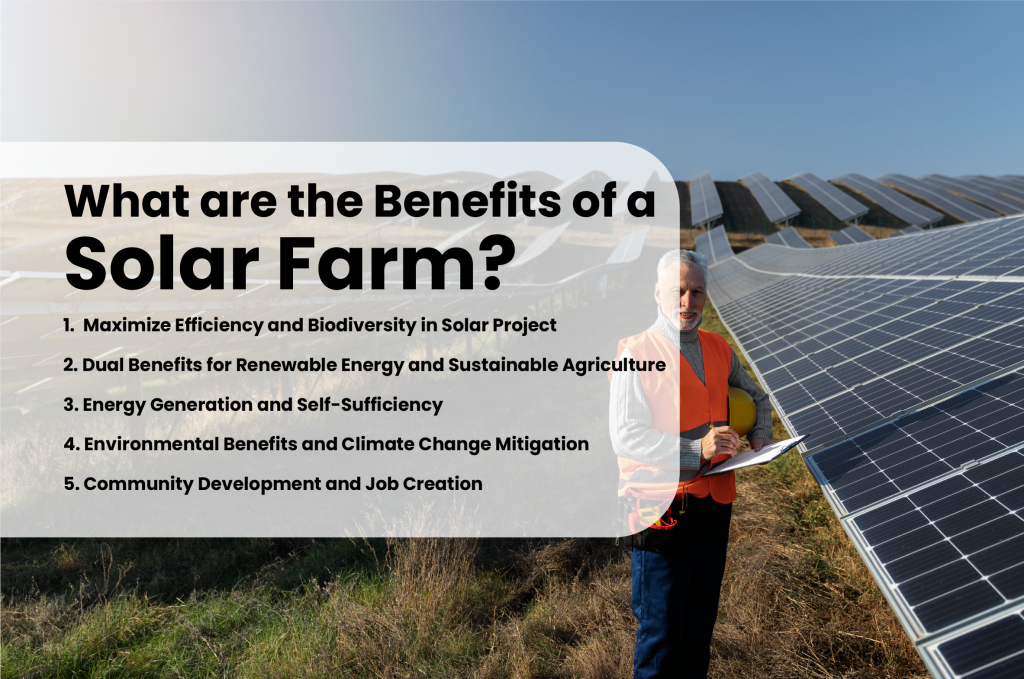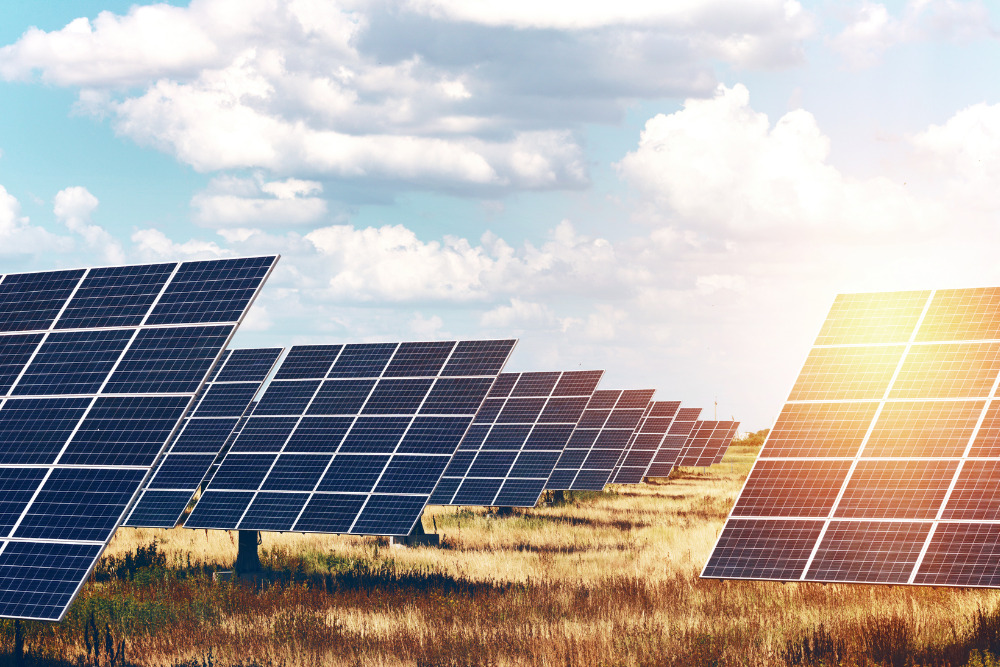Solar Energy 101: A Newbie's Overview to Sustainable Energy Solutions
As the world progressively changes towards sustainable power solutions, comprehending the principles of solar power comes to be necessary for both people and companies. By checking out the benefits of solar technology, alongside the monetary motivations and installment processes, one can acquire a clearer point of view on just how to effectively integrate this sustainable source right into their power strategy.
Understanding Solar Power
At its core, recognizing solar power entails understanding the essential principles of exactly how sunshine can be exchanged usable electrical power. Solar energy is obtained from the sun's radiation, which can be used via numerous modern technologies. The key device for this conversion is the photovoltaic result. This sensation takes place when sunshine strikes semiconductor products, typically silicon-based, within solar cells. The power from the sunshine thrills electrons in the semiconductor, enabling them to stream freely and generate direct existing (DC) power.

Comprehending solar power likewise includes acknowledging its environmental benefits. By using sunlight, we can reduce greenhouse gas emissions and decrease air pollution, contributing to a much more sustainable future. The improvements in innovation and effectiveness of solar systems continue to enhance their viability, making solar power a significantly eye-catching alternative for worldwide energy needs.
Kinds Of Solar Power Systems
Numerous types of solar energy systems are generally utilized to harness solar power for power generation. The main categories consist of photovoltaic (PV) systems, focusing solar power (CSP) systems, and solar thermal systems.
Solar systems make use of photovoltaic panels composed of silicon cells that transform sunlight directly right into electrical power. These systems are functional and can be mounted on rooftops, ground mounts, or incorporated into structure materials.
Focusing Solar Power systems, on the various other hand, employ mirrors or lenses to focus sunlight onto a tiny location, generating heat that drives a vapor turbine to generate electrical power - Simply Solar Illinois. CSP systems are generally deployed in massive nuclear power plant and require straight sunlight, making them less ideal for gloomy regions

Each kind of solar energy system has its distinct characteristics, applications, and viability depending upon geographical area, energy demands, and budget plan, making it essential to review choices based upon certain situations. - Simply Solar Illinois

Advantages of Solar Power
Utilizing solar power through various systems not only gives a sustainable way to generate electrical power but also offers a multitude of benefits. Among one of the most considerable advantages is the reduction in greenhouse gas exhausts, adding to a cleaner atmosphere and combating climate change. Solar power is eco-friendly, indicating it is limitless and available as long as the sunlight beams, unlike fossil gas, which are finite and diminishing.
In addition, solar power can result in substantial price savings in time. Homeowners and organizations can minimize their electrical power bills dramatically, and in lots of cases, they might make credit scores for excess energy produced via web metering. Additionally, the solar sector creates work, from producing to installment, promoting neighborhood economies.
An additional compelling advantage is energy freedom. By generating their very own electricity, people and communities can minimize dependence on outside you could try here power sources, improving strength against rising and fall energy costs and supply disruptions. Moreover, solar power systems require marginal upkeep, making them a practical option for sustainable power generation.
Installation Process Overview
The setup procedure for solar power systems normally includes numerous key steps that make sure effective integration right into a residential or commercial property. Originally, a comprehensive site analysis is conducted to examine the roof covering's orientation, shading, and structural stability, which are essential to optimizing solar panel performance. Following this evaluation, the design stage begins, where a customized solar power system is set up based on the property owner's power needs and choices.
Once the design is settled, the necessary licenses and approvals are acquired from local authorities, guaranteeing compliance with regulations. The real installment includes installing the solar panels on the roof or ground, attaching them to an inverter, and incorporating the system with the property's electric configuration. This phase may additionally include setting up battery storage systems, relying on the style.
After installation, a comprehensive evaluation is conducted to validate the system's performance and safety. The system is commissioned, and homeowners are enlightened on its operation and upkeep. With the setup full, the solar energy system can start generating renewable resource, Resources adding to sustainability and minimizing utility expenses. This structured technique guarantees that planetary systems are both effective and reliable, optimizing their long-term benefits.
Financial Rewards and Savings
Discovering the financial rewards and financial savings connected with solar power systems can dramatically enhance the charm of making the button to renewable resource. Various motivations exist at federal, state, and regional degrees, made to reduce the first expenses associated with solar setup. Among one of the most notable incentives is the federal solar tax obligation debt, which permits homeowners to deduct a percent of their planetary system installation prices from their federal tax obligations. Since 2023, this credit score stands at 30%, providing substantial savings.
Along with tax obligation credit scores, numerous states offer rebates that can better decrease in advance costs. Some utility firms additionally supply performance-based rewards, satisfying solar power production with time. Funding choices, such as solar finances and leases, enable consumers to mount systems with little to no deposit, making solar power more accessible.

Lasting savings are one more critical element. By creating their very own electrical power, house owners can significantly decrease or perhaps eliminate their regular monthly power expenses. In addition, planetary systems can increase building values, supplying a strong return on investment. Generally, the mix of incentives and cost savings makes solar energy an economically appealing choice for several homes.
Conclusion
In conclusion, solar power stands for an important component of lasting energy options, providing a path more info here toward minimized carbon footprints and boosted environmental security. Ultimately, the shift to solar energy not only cultivates environmental duty however additionally promotes financial savings and energy freedom.